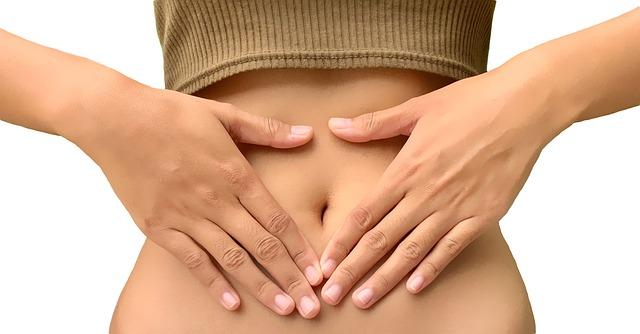In the intricate ecosystem of the human body, the gut stands as a bustling metropolis of microscopic inhabitants, playing a pivotal role in our overall health. Among these tiny denizens are probiotics, the friendly bacteria that have garnered increasing attention for their profound impact on gut health. As scientists delve deeper into the symbiotic relationship between humans and these microorganisms, a fascinating narrative emerges—one where probiotics not only contribute to a balanced digestive environment but also enhance the body’s ability to metabolize fat. This article embarks on a journey through the unseen world of the gut, exploring how probiotics serve as the unsung heroes in the quest for improved fat metabolism and, ultimately, better health.
Understanding the Role of Gut Microbiota in Fat Metabolism
Our gut microbiota plays a crucial role in how our bodies process and store fats. This complex community of microorganisms can influence fat metabolism through several mechanisms. By breaking down dietary fibers, these microbes produce short-chain fatty acids, which are vital for energy regulation and reducing fat storage. Additionally, they aid in the synthesis of essential vitamins and enhance the absorption of nutrients, directly impacting metabolic pathways.
- Probiotics: These beneficial bacteria help maintain a balanced gut environment, preventing the overgrowth of harmful microbes that can disrupt fat metabolism.
- Enhanced Nutrient Absorption: By improving the gut lining, probiotics facilitate better absorption of nutrients, ensuring that the body efficiently utilizes fats.
- Anti-inflammatory Effects: A healthy gut microbiota reduces inflammation, which is linked to obesity and metabolic disorders.
- Hormonal Balance: Certain gut bacteria are involved in the production of hormones like leptin and ghrelin, which regulate hunger and fat storage.
Incorporating probiotics into one’s diet can thus be a strategic move to support and enhance the body’s natural ability to manage fats, contributing to overall metabolic health. By fostering a diverse and balanced gut microbiota, we open the door to a more efficient and effective fat metabolism process.

The Science Behind Probiotics and Their Impact on Digestive Health
Probiotics, often hailed as the friendly bacteria, play a pivotal role in maintaining a harmonious balance within our gut microbiome. These live microorganisms, primarily consisting of bacteria and yeast, are instrumental in enhancing digestive health. By fostering a healthy environment in the gut, probiotics can aid in the breakdown and absorption of nutrients, ensuring that our bodies utilize fat more efficiently. Research has shown that probiotics may influence the production of short-chain fatty acids, which are vital in regulating fat metabolism and energy production.
Incorporating probiotics into one’s diet can have a myriad of benefits, particularly for those looking to improve their metabolic health. Key advantages include:
- Enhanced digestion: Probiotics help break down food substances that our bodies cannot digest on their own, thus facilitating smoother digestion.
- Improved nutrient absorption: By balancing the gut flora, probiotics ensure that the nutrients from the food are absorbed more effectively.
- Fat storage regulation: Certain strains of probiotics can impact the way fat is stored and utilized, potentially aiding in weight management.
- Reduction in inflammation: A balanced gut microbiome can help reduce inflammation, a factor often linked with obesity and metabolic disorders.

Choosing the Right Probiotics for Enhanced Metabolic Function
When it comes to optimizing metabolic function through gut health, selecting the right probiotics is crucial. Not all probiotics are created equal; some strains are specifically beneficial for enhancing metabolism. Lactobacillus gasseri and Bifidobacterium breve are well-researched strains known to support fat metabolism by promoting the breakdown and absorption of nutrients. These strains help maintain a balanced gut microbiome, which is essential for efficient energy utilization and fat storage management.
- Lactobacillus gasseri: Often linked to reducing abdominal fat and improving overall body composition.
- Bifidobacterium breve: Supports lipid metabolism and may contribute to weight loss by modulating fat storage.
- Lactobacillus rhamnosus: Known for its potential in weight management and improving insulin sensitivity.
When choosing probiotics, consider supplements that offer a diverse range of strains, ensuring a broad spectrum of benefits. Look for products that have been third-party tested for potency and purity to guarantee efficacy. Integrating these beneficial bacteria into your daily routine can be a transformative step towards a healthier metabolism.

